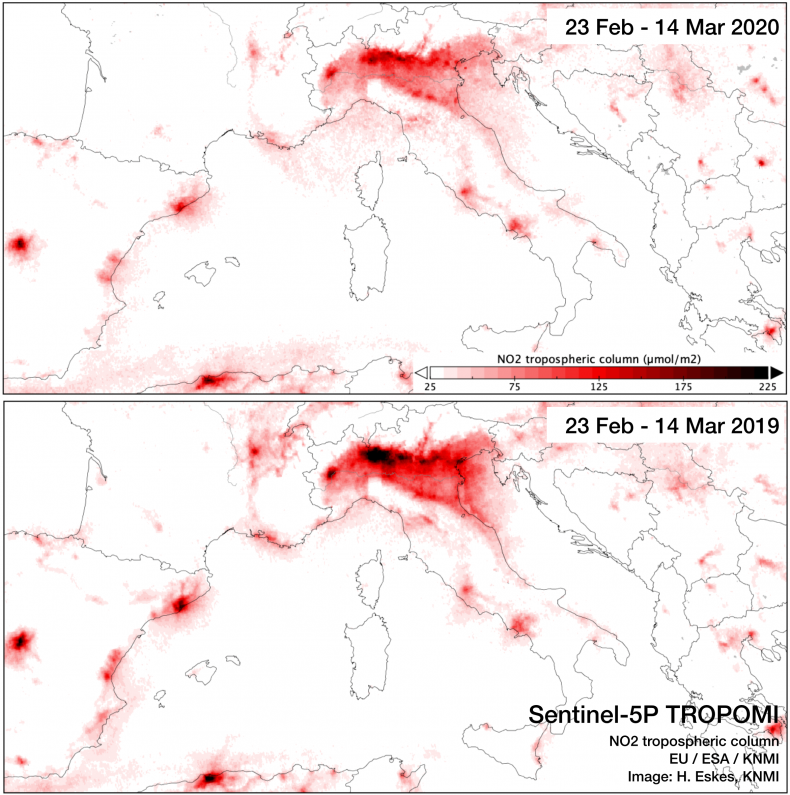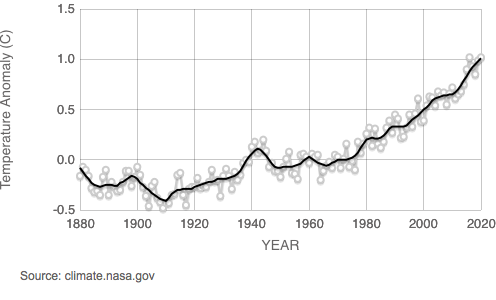
Myanmar’s human population, as well as the environment and the jade gemstone, exist together in inverse value. Jade’s profitability and wealth, created for the Myanmar government, ultimately prove to be more valuable than the well-being of its citizens and its environment.
It is the responsibility of the international community to reverse this unfortunate reality and hold Myanmar’s government is responsible for their blatant destruction of the lives of their citizens and the environment they rely on.
The amount of jade in the country is worth an estimated $31 billion and accounts for nearly half of the country’s gross domestic product, which is the total value of goods and services provided in a country during a year. The detrimental impacts on the environment, as well as Myanmar’s citizens, however, cannot be labeled with a price tag. The profitability of jade is nowhere near the reward for the loss of life, land and violence that come because of it.
Bit by bit, the land of Myanmar is becoming plots of company land, a scheme to produce more wealth and greater economic prosperity at no expense. While Myanmar’s jade mines produce great wealth, what follows is a long, seemingly irreversible trail of setbacks. Myanmar’s government, as well as other international organizations, must act now in order to attempt to reverse the tragedy that mining permits.
A series of tragic downfalls, mostly to the environment, followed after years of intense mining in Myanmar. Streams and rivers were clean and clear, allowing people to harvest freshwater oysters, especially in the Uru Stream.
Mountains turned to valleys and valleys to mountains. Mining disasters, as well as former mining sites, plague the country. They allow for deadly landslides and further environmental disasters. Flooding in residential areas due to excavated mining pits is common, causing permanent damage to water sources due because of sediment buildup. Jade mining in Myanmar is directly and indirectly destroying the land and the lives of so many people.
Myanmar experiences landslides almost every year. While the government attempts to close mining sites during monsoon season, scavengers desperate to make some sort of a living continue to mine in hopes of finding jade.
Though the government attempts to blame the scavengers, who are often the victims of deadly landslides, it is important to highlight the immense amount of conflict and secrecy of the mining business in Myanmar between the government, Myanmar’s national armed forces, local armed groups and the citizens of Myanmar.
This is just one clear example of the government of Myanmar’s inability to truly fulfill their duties to their people. International environmental experts and organizations must take action against these injustices for the sake of the people of Myanmar, as well as the environment.
Companies linked to the Myanmar military control a vast amount of the wealth and money generated from jade mining. Furthermore, local armed groups who believe they should be allowed to self-govern also hold a great amount of power in the jade market, often smuggling a great amount of jade to China, one of the gem’s most frequent buyers. The conflict between both groups has displaced over 100,000 citizens of Myanmar and will most likely continue to do so.
Myanmar’s government often evades responsibility for the landslides and damage to the environment, blaming scavengers.
Despite this attempt, it is clear the government — as well as these local armed forces — are to blame, as much of the jade mining business in Myanmar is off-limits to the public. Thus, it is clear that the victims of the landslides, or ‘scavengers,’ are not to blame for these landslides. Rather, Myanmar’s government and companies are ultimately to be held accountable.
Human lives and environmental health must be put above materialistic and fiscal objectives and gain. The government of Myanmar’s failure to care for its people is evident beyond jade mining. More importantly, the government of Myanmar must take actions against the genocide of Rohingya Muslims in their country. The military of Myanmar must be punished for the brutal acts of violence done against the Rohingya Muslims, and the government must also be punished and held accountable for the lives of hundreds of thousands of their own people.
The international community must vow to hold the country of Myanmar accountable, both in their treatment of the environment and the treatment of Rohingya Muslims, in order to be proactive for the common well-being of the Earth and the people of Myanmar.
The government of Myanmar must be held fully accountable for the destruction of the environment, increase in violence between armed groups and the lost lives due to extremely deadly landslides caused by mining. More than ever before, it is essential for companies, as well as the Myanmar government, to cease all mining operations in order to give the smallest glimpse of hope for environmental recovery.
Environmental issues are rampant across all governments in the international community. As caretakers of this Earth, it is our responsibility to hold international governments accountable and make progress environmentally, in an attempt to slow climate change. Our time is running out, action is beyond necessary. The time is now.
This story was written by Max Pickart. He can be reached at max.pickart@marquette.edu






